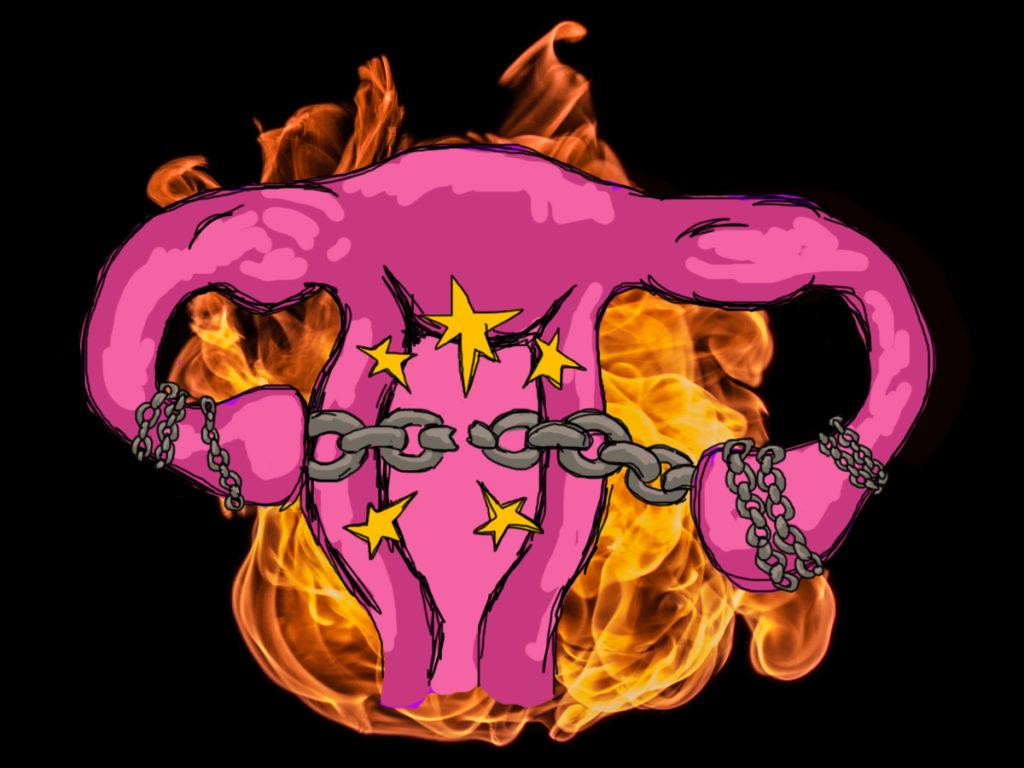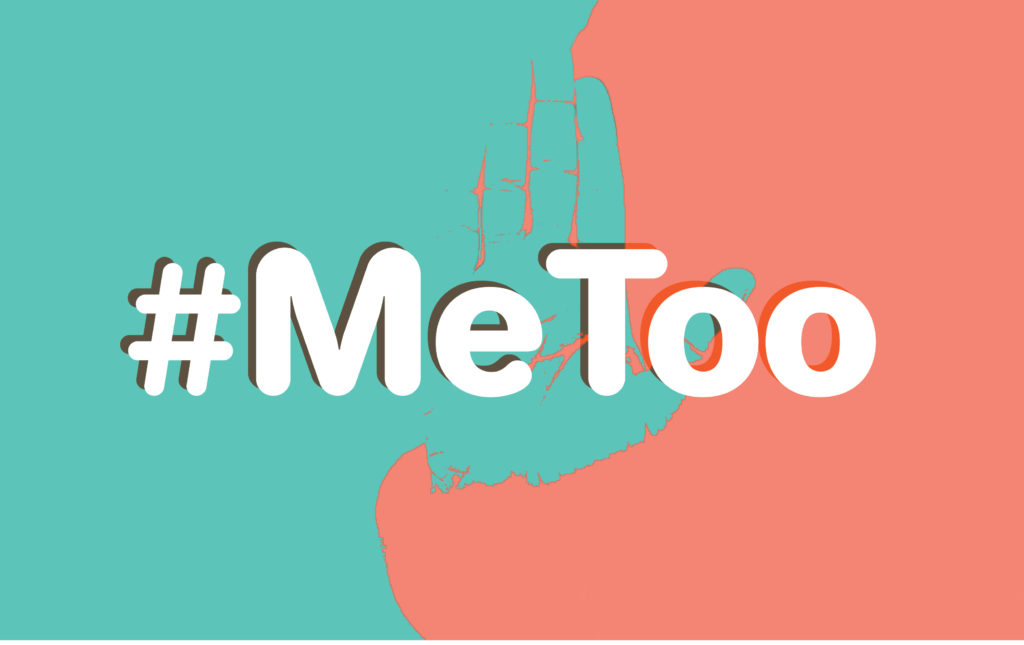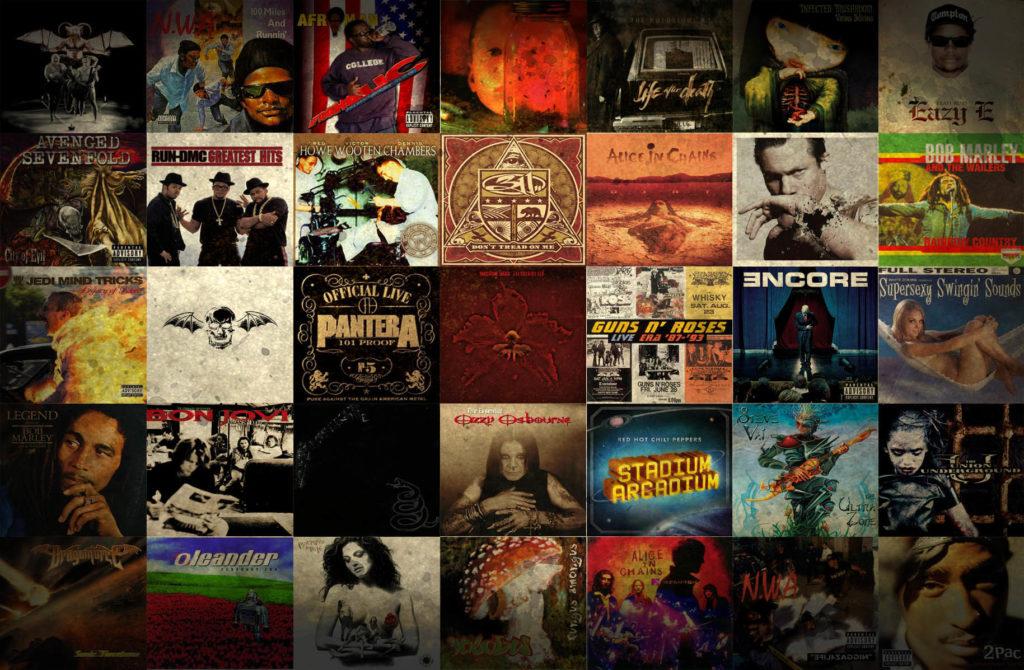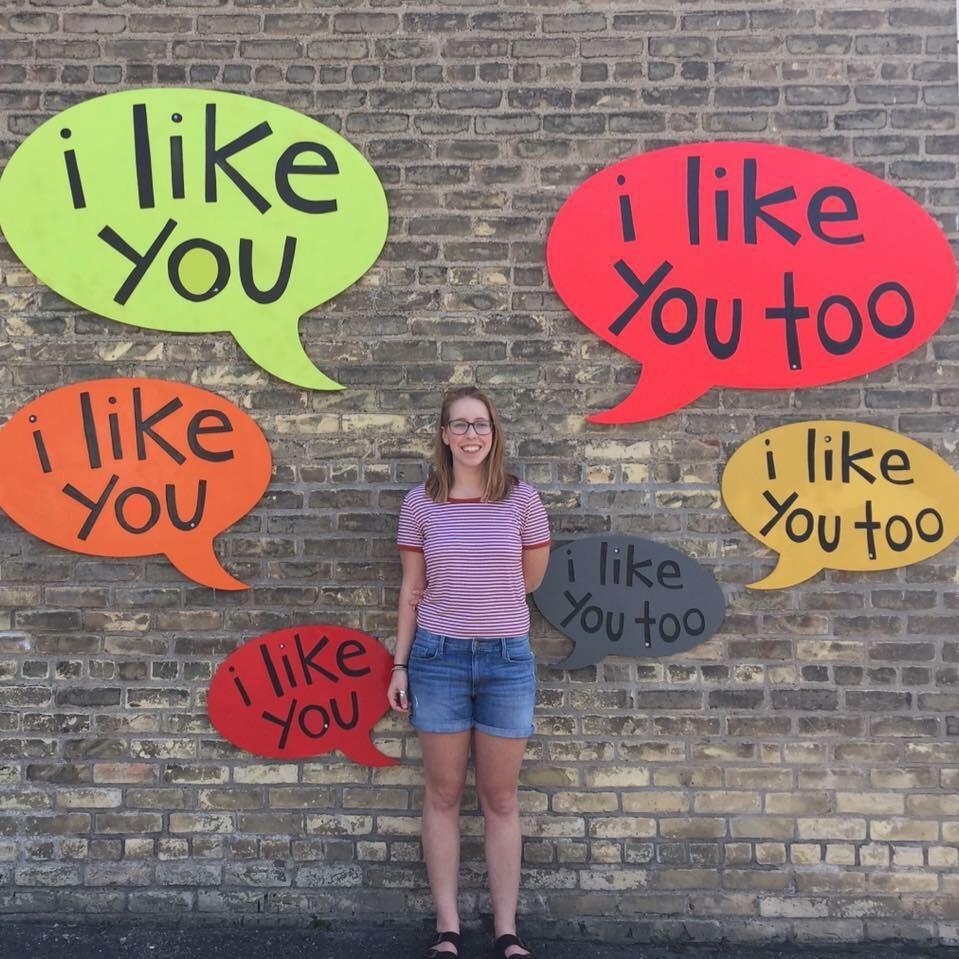
Over a year ago, when I first told people I wanted to be—and then actually became—the writer of Sexy Mac, I received an overwhelmingly positive response. There was one thing though that always confused me during those early months of transitioning the column’s mantle. The excitement toward my announcement was not only about me being the writer, but about getting someone like me to write about sex and romance. I’m someone who covers a gamut of minoritized identities, unlike—as the previous columnist Sarah Mueller pointed out in our first conversation about me taking over—the last several writers were all more or less white middle-class ciswomen. (Cisgender folk are people whose gender identity aligns with the sex they were assigned at birth).
The focus on my specific conglomeration of marginalized identities alarmed me more than I cared to admit. I also wasn’t fully convinced it mattered because I had by my side this thing I had just heard about: this thing called sex positivity, a feminist movement centered on sexual choice, and I had planned on using it to guide me through the turbulent chaos that is writing a column. As I learned, sex positivity came out of the 1980s Porn Wars between feminists who disagreed on whether pornography and other kinds of sex work were/could be sites of reclamation, empowerment and liberation. Sex positive advocates argued that they could be, and the movement gained traction and grew to include other topics of sexual repression enforced by the patriarchy. Nowadays, sex positivity advocates that all consensual and safe sexual acts are healthy expressions of sexuality and pleasure. Cornerstones of the argument include an emphasis on experimentation, a call for more open discussion, and a zero judgment policy on what you and/or your
partner(s) find pleasurable.
The weight of my peers’ specification made sense only later. When I tried to research for an article, I couldn’t find any well-constructed sex positive critiques on issues I cared about in and outside of sexual and romantic health, issues ranging from race, class, body issues, queerness including asexual-spectrum identities, to (most upsetting for its absence or problematic coverage) consent. These were not only themes that I found important to my experiences, but they were central to my education, my advocacy and my feminism. Because there weren’t enough people like me or at least thinking like me, the kinds of questions I wanted to be answered were going unasked in the sex positivity movement, like: Why are the highest rated, most recommended sex shops also those with higher (oftentimes unlisted) prices in white/whitening middle/upper-class neighborhoods? How can sex positivity uniformly accept every kink as a healthy expression of sexuality, when kinks include the demeaning exotification of people of color? Are we seriously still debating over whether virgins and asexuals can be sex positive?
If I did find something useful to a specific topic, nine times out of ten I found what I was looking for in criticism of the movement. And if it was by a sex positive advocate, I could barely get through many of them because they went against other values I hold. For example, I have yet to come across a popular guide that isn’t cissexist, meaning they either purposefully or unconsciously ignore the existence of transfolk. Such guides exclusively describe designated-female-at-birth folk as women, designated-male-at-birth folk as men, and the possibility of non-binary people is not even considered. I could bitterly understand a guide or two not accounting for the difference between gender and sex, and while I do not excuse them, I also tend not to blame individual writers because rarely they are doing it to be explicitly transphobic. I know I have and will make cissexist mistakes because the language of inclusiveness is not readily available and still in construction. What upsets me, however, is that an entire movement focused on how bodies come together (or don’t come together, if that’s your thing) can forget about the variation between people they try to empower. This disregard, that level of cissexism, that systemic extension of oppression in sex positivity seems absolutely malicious to me.
With these offenses and others, I grew more and more frustrated with dominant discourses of sex positivity. I kept writing my column, kept invoking sex positivity, and kept chugging along. But, after a long summer of reflection, a panicked email to my editors, and too many hours of procrastination aided by Candy Crush, I have a confession to make, which might not be too shocking considering all I’ve just said:
I resent the sex positive movement.
I really, really do.
And . . . I don’t. I love it, and hate it, and am passionate about the cause, and still identify as a sex positive advocate. The way I figure it, there’s an asterisk next to my support. Said asterisk doesn’t lessen my devotion to sex positivity; instead, it excitedly expands the limits of my advocacy so that when I invoke the movement, it includes more than just itself. I play a hard game of intersectional politics; it is my goal to consider the ways in which various marginalized identities lock together and are silenced to make other experiences more legible. Sex positivity should be a stage to perform this politic even if that means personally redefining sex positivity as I go along. Because if I have learned anything at Mac, it’s that for me, responsible scholarship does not end after I leave Old Main, Humanities or Olin Rice for the day. I must be critical of the world I engage in outside my classrooms even if that means second-guessing my involvement in a progressive movement I care about. I no longer can naïvely hope sex positivity will guide me, but I wish to be part of the effort to change the direction in which sex positivity is heading.
When I invoke sex positivity, I speak not of the dominant discourse that separates the sex and/or romance we may choose to engage in from the twinned history of marginalization/power that influences how those options and choices came to be. Instead, I imagine sex positivity as the site of an intentionally intersectional conversation about sex and romance.
And it must be a conversation, because I do not have all the answers and won’t always know what questions to ask in the first place. I sincerely invite everyone to help make this confession not a pulpit, but an invitation to talk. If I mess up, call me out. If you see something I am not talking about or if you have knowledge in sex positivity that I might not be considering, let me know. I want to decentralize the voice of sex positivity on campus away from just Bringing Sexy Mac because I am sure there are plenty of voices like mine and voices unlike mine that still deserve to be heard. So let’s open up sex positivity because I would prefer that an exciting movement like sex positivity not rely on the energy of one excited but ever exhausted junior.
(And I’m not going to lie: affirmations would be more than welcome too.)









Amelia Abraham • Sep 11, 2019 at 1:33 pm
I used to be more than happy to search out this internet-site.I wished to thanks for your time for this glorious read!! I positively having fun with every little little bit of it and I’ve you bookmarked to check out new stuff you weblog post.
Felicity MacDonald • Sep 10, 2019 at 7:57 am
You have to waste less time to search your required matter on world-wide-web, since nowadays the searching techniques of search engines are pleasant. Thatís why I fount this article here.
Dan Smith • Sep 8, 2019 at 6:50 am
What’s up buddy, what a quality is! For this YouTube video, I am actually impressed, as I have never seen fastidious quality YouTube video before,